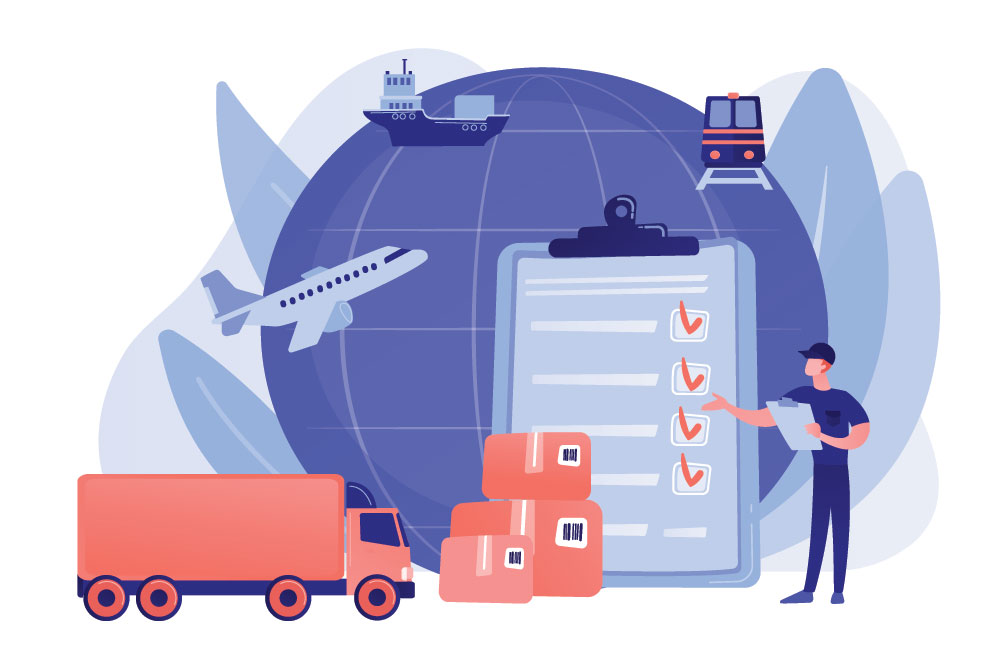
More companies could benefit from the procedures offered by government to assist the streamlining of new duty and customs obligations, trade and customs experts have said.
On a free webinar from the Institute of Export & International Trade (IOE&IT) today about how businesses can manage the costs of international trade in 2023, two thirds of the audience said they would benefit from using customs authorisations such as inward and outward processing, AEO and customs warehousing.
Just under a half of the audience (48%) said they were not already benefitting from these procedures.
Sam Hodgkins, an IOE&IT customs and trade specialist speaking on the webinar, said these procedures allow businesses to “defer duty payments” and manage “tariff barriers”, but said that applying them “required sophisticated administration”.
Brexit impact
The webinar was taking place as part of the IOE&IT’s efforts to support traders manage new business costs caused by global inflation, the pandemic, Brexit and the Russian invasion of Ukraine.
Hodgkins said businesses who were newer to exports and imports had been worst affected by Brexit because those that traded with non-EU markets before the UK’s departure from the bloc already had “processes and procedures in place”.
“It’s the businesses who are new to import and export, or who rarely do it, who are struggling most,” she said, referring to businesses that had only traded overseas with EU partners pre-Brexit.
This view was echoed by the webinar attendees, with the majority (51%) saying in a poll that the complexity of trade rules was their most significant barrier to trade in 2023.
However, Hodgkins warned companies that they need to comply with new post-Brexit rules to continue trade with the EU, saying “non-compliance costs more”.
“Compliance with UK and EU laws is not voluntary, and this applies to any market you’re exporting to,” she said.
What government can do
Hodgkins was joined on the panel by the IOE&IT’s public affairs adviser Grace Thompson who said that the impact of Brexit was hard to untangle from the effects of the pandemic and global inflationary pressures.
Thompson did admit that 2023 will be a difficult year for traders but said the government has options on how it could provide support, including the new Single Trade Window programme. She said:
“A clear option for the government is the introduction of a Single Trade Window to allow a free and efficient flow of trade.
“The cost of trade will be greatly reduced by this initiative, streamlining trading instructions for border agencies, reducing the administrative burden for businesses, and, by placing the onus on government to facilitate data sharing between border authorities and agencies, to again take some of the pressure of business.”
Thompson also said that there had so far been positive signs that the new Sunak administration will take a more conciliatory approach to UK-EU relations, as evidenced by progress in negotiations over the Northern Ireland Protocol.
From defence to competition mode
Although it remains a difficult climate for businesses, Thompson reminded delegates that certain elements of the global economy are beginning to improve, including the rate of inflation and economic forecasts from organisations like the International Monetary Fund.
She quoted an observation from the president of the European Central Bank Christine Lagarde, made at Davos last week, which stated that businesses appear to be moving from defence mode into competition mode.
“This is what the IOE&IT is now trying to support businesses in the UK to do,” she concluded.
